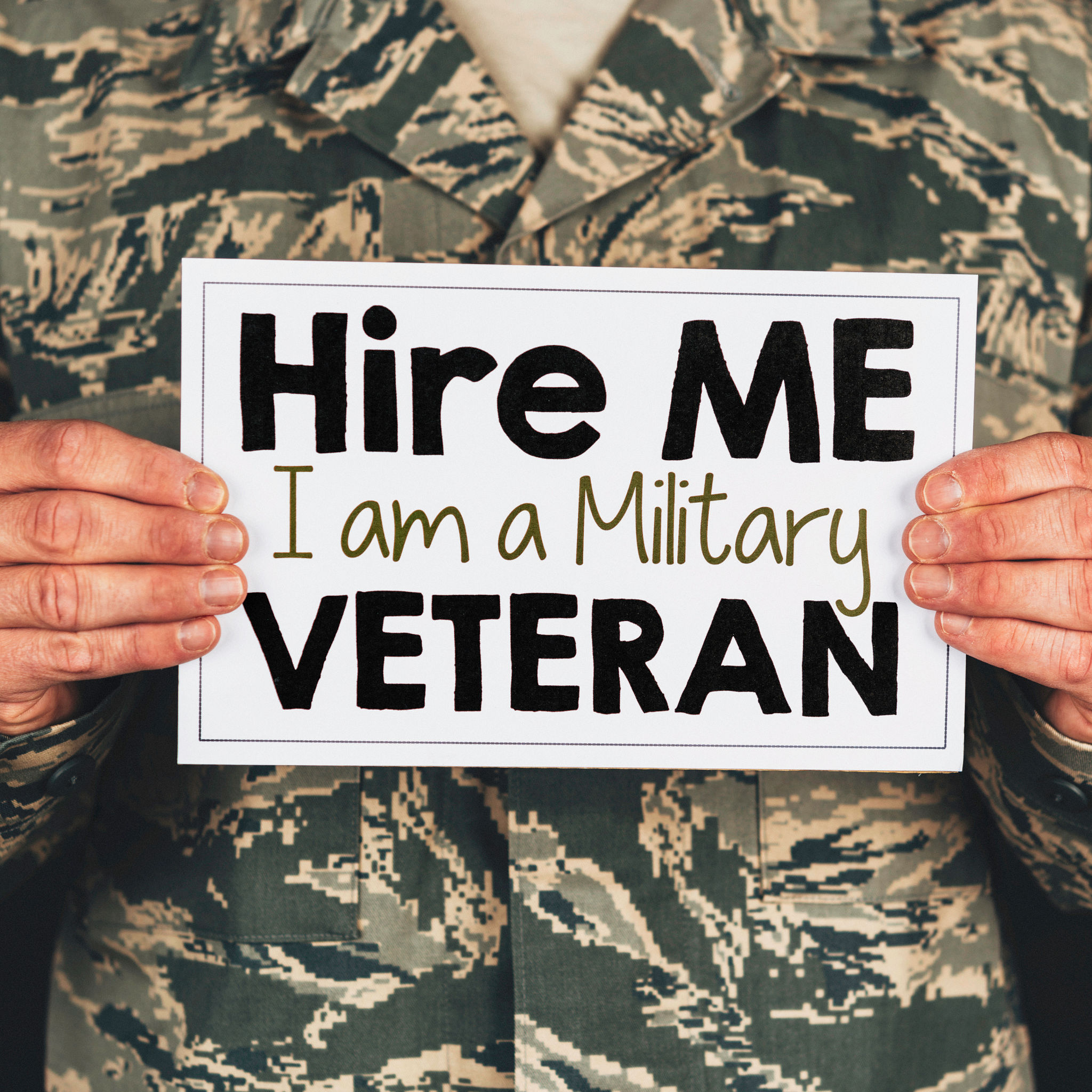Seasonal Preparation: Key Considerations for Veterans Transitioning to Civilian Life
Understanding the Transition from Military to Civilian Life
The shift from military to civilian life is a significant transition for veterans. This phase involves various changes, including adapting to new environments, finding employment, and managing personal relationships. Understanding these challenges and preparing for them can make the transition smoother and more successful.
Veterans often face unique challenges, such as adjusting to a less structured lifestyle and finding a sense of purpose outside the military. Recognizing these challenges early on and seeking support can help ease the transition process.

Building a Strong Support Network
One of the most crucial steps in transitioning is building a robust support network. This network can consist of family, friends, fellow veterans, and professional counselors. Having people who understand your journey can provide emotional support and practical advice.
Connecting with veteran organizations can also be beneficial. These groups offer resources, networking opportunities, and support systems specifically designed for veterans. Engaging with these communities can provide a sense of camaraderie and belonging.
Preparing for Employment
Finding employment is often a top priority for veterans transitioning to civilian life. It's important to translate military skills into civilian terms, as many skills acquired in the military are highly valuable in the civilian job market.
- Attend workshops and seminars focused on resume building and interview preparation.
- Consider seeking mentorship from professionals in your desired industry.
- Utilize veteran-specific job placement programs to find opportunities that match your skills.

Managing Financial Adjustments
Financial stability is another critical aspect of transitioning. Veterans may need to adjust to different pay structures and benefits systems. Planning ahead and creating a budget can help manage these changes effectively.
It's advisable to consult with financial advisors who specialize in assisting veterans. They can provide guidance on managing benefits, investments, and long-term financial planning to ensure a stable future.
Maintaining Physical and Mental Health
Physical and mental health are paramount during any life transition. Veterans should prioritize maintaining their health by accessing available healthcare services and engaging in regular physical activity.
Mental health support is equally important. Many veterans experience stress or anxiety during their transition. Seeking counseling or participating in support groups can provide a healthy outlet for these emotions.

Embracing New Opportunities
The transition from military to civilian life is also a time for new opportunities. Veterans have the chance to pursue further education, start new careers, or explore hobbies they might not have had time for previously.
Taking advantage of educational benefits, such as the GI Bill, can open doors to new career paths. Additionally, engaging in community activities or volunteer work can enhance social connections and provide a sense of fulfillment.
In conclusion, while transitioning from military to civilian life presents its own set of challenges, it also offers numerous opportunities for growth and development. By understanding the key considerations and leveraging available resources, veterans can navigate this transition successfully and build a fulfilling civilian life.
